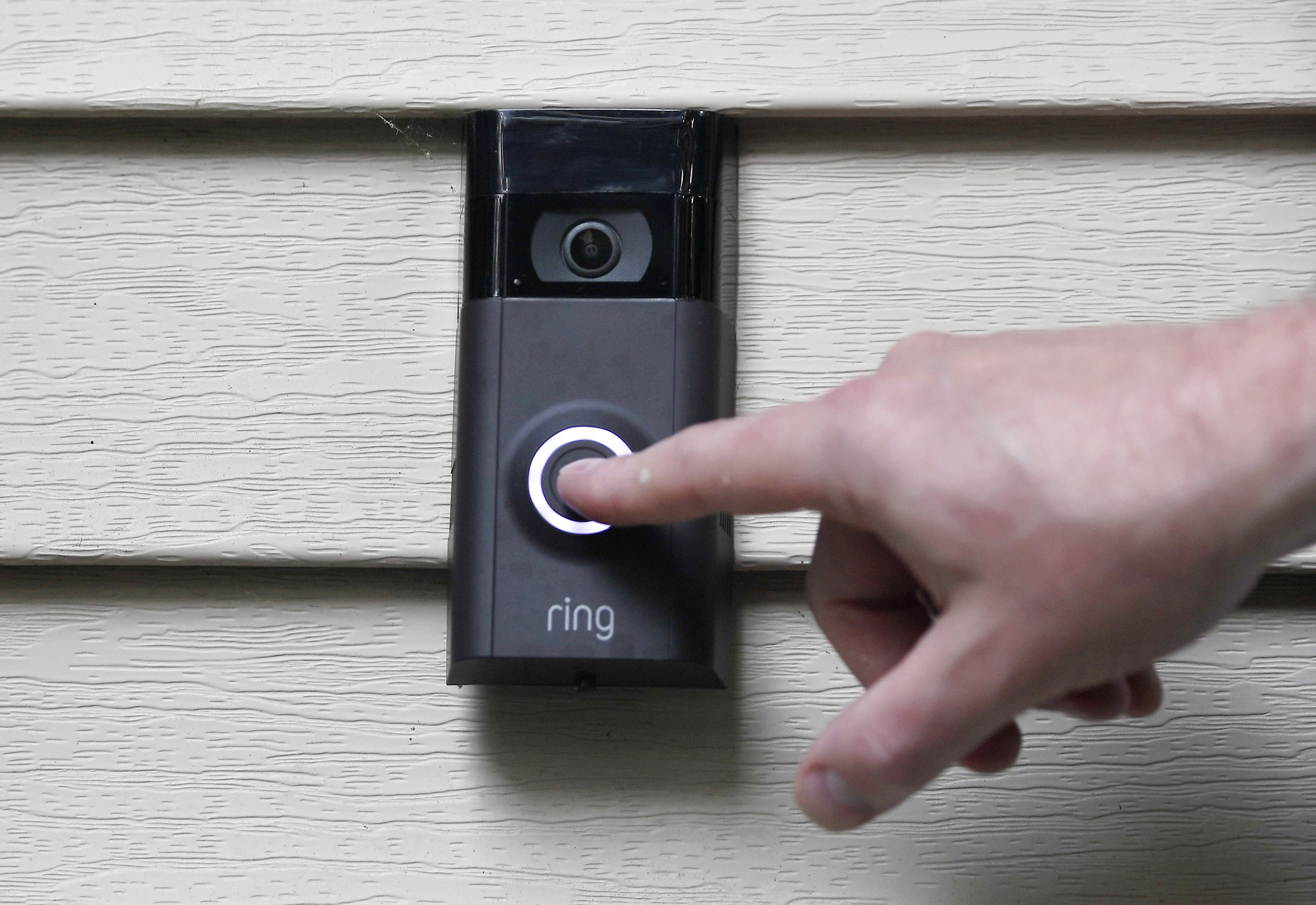In a couple of hours, Windows Phone 7 will make its big debut. Reviews of the preview build of the OS were generally favorable, but the technology is just the beginning. Cellphones are completely different beasts than they were when Microsoft first entered the mobile market 10 years ago. WP7 is challenged like other major smartphone OS has been. Here's why.
Simple Math
Over the last six months, Nielsen says smartphones running the Android operating system (32%) have outsold phones running BlackBerry (26%) and iOS (mostly just the iPhone 4, 25%) in the U.S.
Some quick addition… 32, 26, 25 — that's 83% of all smartphones sold. That means 17% of smartphone users are still using a phone running Symbian or, God help you, Windows Mobile 6.x, are either satisfied (you're kidding, right?) or been patiently waiting for something that's not quite Apple, not quite Android, and not quite BlackBerry.
Today, these somehow unfulfilled smartphone users will have a fresh choice: Windows Phone 7. Will WP7 be the smartphone they've been waiting for?
If you're an iPhone, Android or BlackBerry user, it's highly doubtful you're going to wake up Tuesday morning and go "Gee, that WP7 looks real good. I think I'll just toss my iPhone/Android/BlackBerry phone into the trash and start all over paying for new apps and completely reorganizing my mobile life!"
Since that's not going to happen in the real or Bizarro worlds, that means either Microsoft is hoping to attract new non-smartphone users with WP7, a reasonable hope, or convert a large chunk of the remaining 17% of the current smartphone audience, even more reasonable.
U.S. & World
But how in heck can Microsoft think WP7 will have or be or do something that Apple, Google or RIM haven't thought of and already covered with their devices?
Ballmer's Last Mobile Stand?
First, a story: Way back in the 20th century, RCA bestrode the technology landscape like Dr. Manhattan. It essentially invented the radio and TV businesses, it founded NBC and ABC radio and television networks, developed color videotaping, it formed RCA Victor records (Caruso's and Elvis' labels), it sold more radios and TVs than anyone, it introduced the VHS VCR. How big was RCA? Add Sony to Apple, toss in satellite maker Rockwell, throw in News Corp., HP and Bell Labs, and you had RCA. Big.
In 1981, four years after launching VHS and body-slamming Beta, RCA introduced Capacitance Electronic Disc (CED), a videodisc. CED worked like a vinyl record player — a needle rode grooves around a disc to read analog video information.
But — VHS, speeding its way up the old sales bell curve, could both play and record vs. CED, which could only play. And but but — little bits of the CED disc were dug out by the needle, denigrating the video signal with each successive play.
Needless to say, CED flopped miserably. RCA spent a reported $600 million, from which it could not recover. The company, already being beset on all sides of its business by newer, nimbler and more inventive companies, foundered, finally leaving only that lonely fox terrier peering longingly into a gramophone horn.
I'm not saying there's a direct parallel between CED and WP7 and the possible collapse of Microsoft if WP7 fails. But Microsoft already has shown zero aptitude in mobile — previous incarnations of Windows Mobile were more tolerated than loved, and the Kin, well, the less said about Kin the better. Microsoft chairman Steve Ballmer already has been financially punished for the company's mobile failures, and during the summer stories surfaced about a power struggle over the company's mobile division.
Knowing what you know about the Kins, and having a plethora of iPhone, Android and BlackBerry choices — would you take a shot at a WP7?
What We Know About Windows Phone 7
From what I've seen, WM7 (the operating system, as opposed to WP7, the phone) likely will look a lot like Kin, since the Kin interface looked a lot like the WM7 demo I got at CES last January. WM7 looked a lot less constricted on a larger screen than it did on the restrictive Kin screens, which will help.
AT&T will be WP7's initial carrier, which isn't great news considering how iPhone users barely tolerate the often persnickety network, and T-Mobile, who's 3G network is still short-sheeted nationwide. WP7 will be launched globally with handsets from HTC (the likely T-Mobile handset) and Samsung and probably LG.
Hopefully WM7, based on Silverlight, will have at least a couple of hundred of apps ready at launch, although rumors abound of developer coolness to yet another mobile OS. We know there'll be Office and Outlook Mobile apps, which might convince Windows Mobile 6.x and Symbian owners to switch.
It'll need some Zune-like desktop client to make it easy for non-smartphone buyers to dump their music and photos onto the WP7. (Wikipedia actually has extensive info on WP7.)
All aspects of the WP7 ecosystem may be perfect and great. But given how late to the party Microsoft is, given how small the slice of the smartphone market Microsoft is chasing, given the competition from Apple and Android for non-smartphone users, and given Microsoft's poor (mostly business) mobile reputation, especially post-KIN, WP7 has to be more than great. It has to be orgasmic. Transformative. Supercalifragilisticexpialidocious.
And we all know it won't be. So… would you buy a Windows smartphone?



